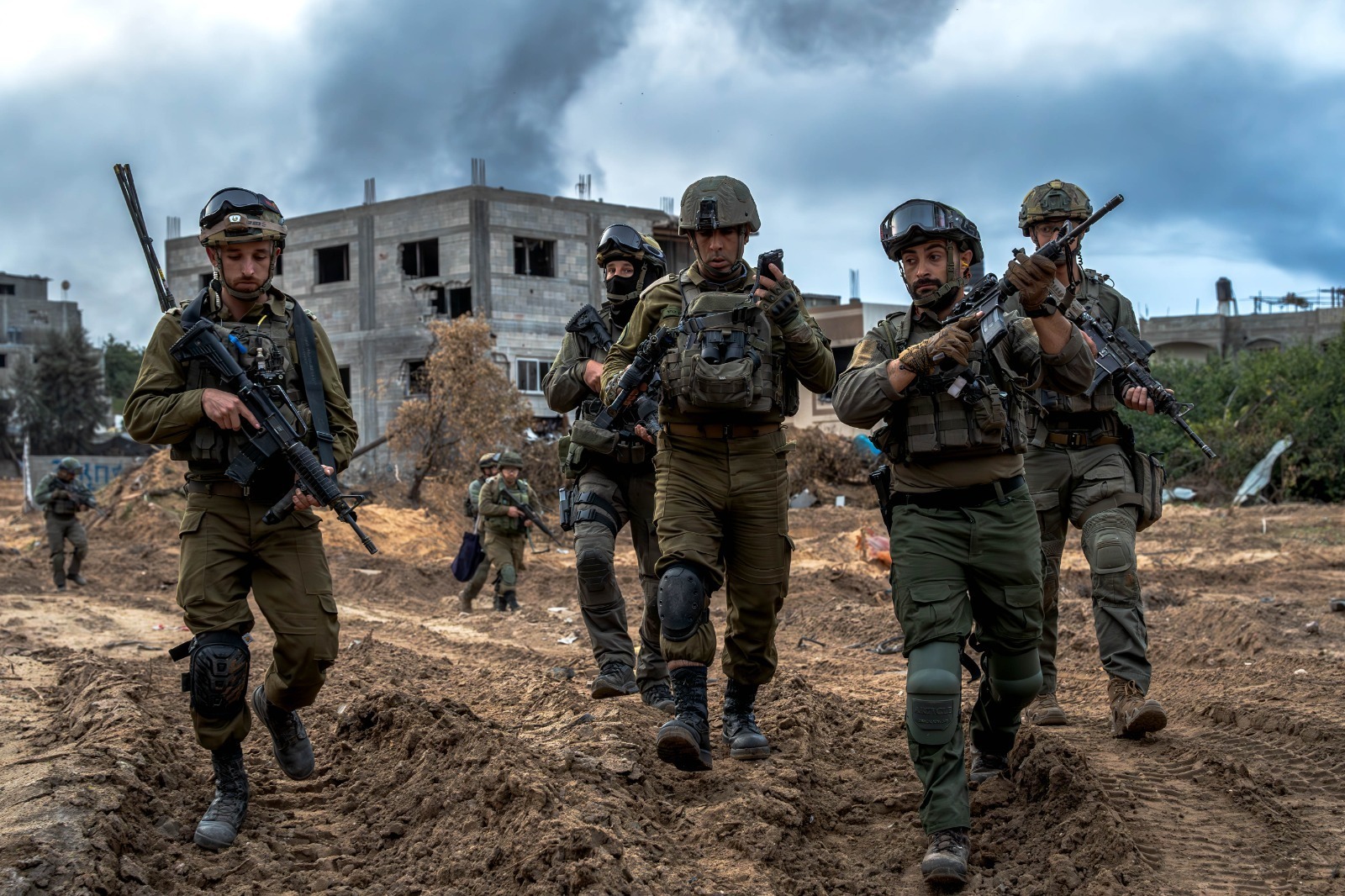The report that President Joe Biden would consider placing conditions on future military aid to Israel if its military moves ahead with a planned offensive against the southern Gaza Strip city of Rafah has sparked significant debate and concern.
While the White House deputy press secretary, Olivia Dalton, confirmed that Israel has not yet provided Washington with a plan to protect Rafah civilians, she did not comment on whether conditioning arms supplies to Israel is under consideration.
Netanyahu and Biden (Credits: Asia Times)
This has left the possibility open and raised questions about the potential consequences for US-Israel relations. Biden’s statement that an IDF entry into Rafah would be a “red line” for his administration underscores the seriousness of the situation.
The US has consistently supported Israel’s right to defend itself but has also emphasized the need to protect civilians in any military operation.
Israeli Soldiers (Credits: The Economist)
The prospect of conditioning military aid to Israel is a significant shift in US policy, which has traditionally provided unwavering support to Israel. This move, if implemented, could have far-reaching implications for the US-Israel relationship and for the broader Middle East region.
It remains to be seen how Israel will respond to these developments and whether it will provide a plan to protect civilians in Rafah. The situation is fluid, and all parties involved will need to consider their actions and the potential consequences carefully.
